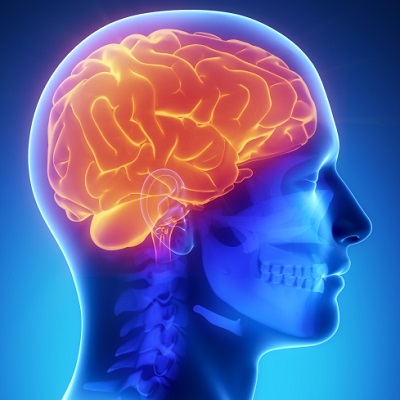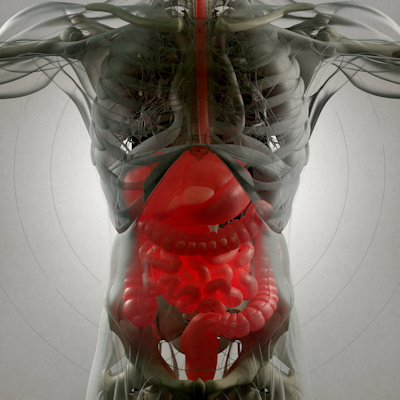October 24, 2022 -- Japanese scientists have generated hair follicles in vitro and doing so could have implications for treating hair loss disorders, animal testing, and drug screenings.
The research team from Yokohama National University created hair follicle organoids using embryonic dorsal epithelial and mesenchymal cells taken from rodents in a laboratory-made microwell array plate (Science Advances, October 21, 2022). Extracellular matrices adjusted the spacing between the two types of embryonic cells to form either a dumbbell shape or a core-shell shape.
Newly formed hair follicles sprouted in the core-shell-shaped groups. Two types of rodent cells initially formed a single aggregate where the two cell types were distributed randomly and subsequently spatially separated. They formed hair folliclelike structures during three days of culture, according to the scientists.
When transplanted into the skin of nude mice, the hair follicle structures generated de novo hair follicles in a few weeks and represented normal hair cycles. The organoid culture system generated hair follicles and hair shafts with almost 100% efficiency, resulting in fully mature hair follicles with long hair shafts (approximately 3 mm after 23 days of culturing).
The scientists added a melanocyte-stimulating drug into the culture medium and significantly improved the hair pigmentation of the hairlike fibers.
The in vitro hair follicle model could prove valuable for better understanding hair follicle induction, evaluating hair pigmentation and hair growth drugs, and regenerating hair follicles, according to the authors.
The findings could also be relevant for other organ systems and elucidate how physiological and pathological processes develop. Future research will focus on the organoid culture system with human cells.
Copyright © 2022 scienceboard.net









